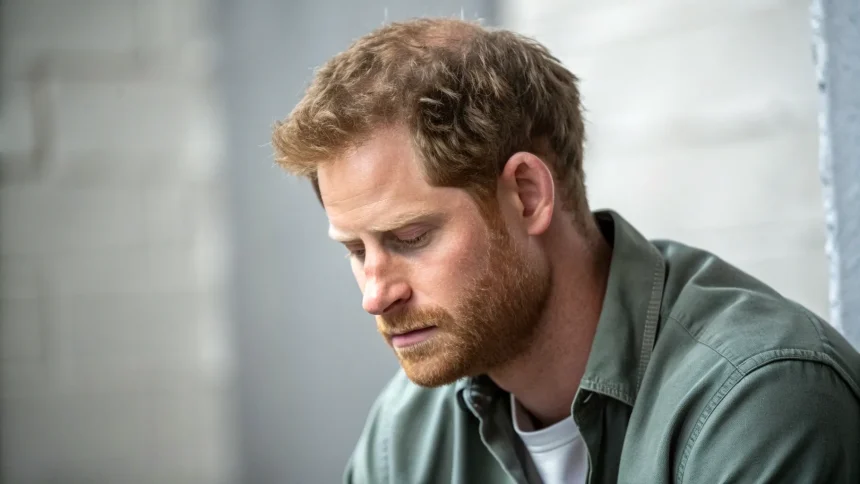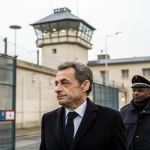Recent analysis of Prince Harry’s behavior and public decisions suggests that personal insecurity, rather than principled conviction, may be the primary driver behind his actions. Sources close to the royal family indicate that the Duke of Sussex’s choices reflect deep-seated uncertainties rather than the moral stand he often portrays to the public.
The younger son of King Charles III has become a polarizing figure since stepping back from royal duties in 2020. While he has framed his departure from royal life as a principled stand against institutional problems, observers note that his behavior often reveals something more personal at play.
The Psychology Behind Royal Decisions
Royal commentators point to Harry’s consistent pattern of explaining his actions through the lens of protecting his family, particularly his wife Meghan and their children. This protective stance, while admirable on its surface, may mask deeper personal struggles with his place in the royal hierarchy.
“What we’re seeing isn’t necessarily a man standing on principle, but someone responding to lifelong feelings of being the ‘spare’ to the heir,” said one royal expert who has studied the prince’s trajectory. “His decisions appear to stem from genuine feelings of vulnerability rather than calculated moral positions.”
The Duke’s memoir, interviews, and documentary appearances have repeatedly highlighted his feelings of being misunderstood and marginalized within the royal family structure. These narratives consistently center on personal hurt rather than institutional critique.
Public Perception vs. Private Reality
While Prince Harry has gained supporters who view him as taking brave stands against an outdated institution, critics suggest his motivations deserve closer examination. His inconsistent positions on privacy while simultaneously seeking public platforms have raised questions about the true nature of his motivations.
The prince’s legal battles with British tabloids, while framed as principled fights against media intrusion, coincide with his willingness to share intimate family details in controlled environments that benefit him financially. This contradiction suggests his actions may be guided more by personal comfort than consistent ethical standards.
“There’s a difference between acting on principle and reacting to personal discomfort. Prince Harry’s pattern suggests the latter,” noted a behavioral analyst who has studied public figures’ decision-making processes.
The Impact of Childhood Trauma
Harry’s early life experiences, particularly losing his mother Princess Diana at age 12, have clearly shaped his worldview. Mental health professionals suggest his current behavior shows signs of unresolved trauma responses rather than carefully considered moral positions.
The prince has spoken openly about his mental health struggles, including:
- Delayed grief processing following his mother’s death
- Anxiety and panic attacks during royal duties
- Fear of history repeating itself with his wife
These admissions provide context for understanding his actions as defensive responses rather than offensive principles. His fight-or-flight approach to challenges mirrors classic trauma responses more than it does strategic moral positioning.
As Prince Harry continues navigating his post-royal life, the distinction between principled action and insecurity-driven reaction remains blurry. While he may sincerely believe in the causes he champions, the evidence suggests his primary motivation comes from a place of personal vulnerability rather than moral clarity.
Whether this insight will affect public perception of the prince remains to be seen, but it offers a more nuanced understanding of the man behind the headlines and the complex psychology driving one of the most talked-about royal figures of the modern era.









